Pesto without Pine Nuts (Quick & Easy)
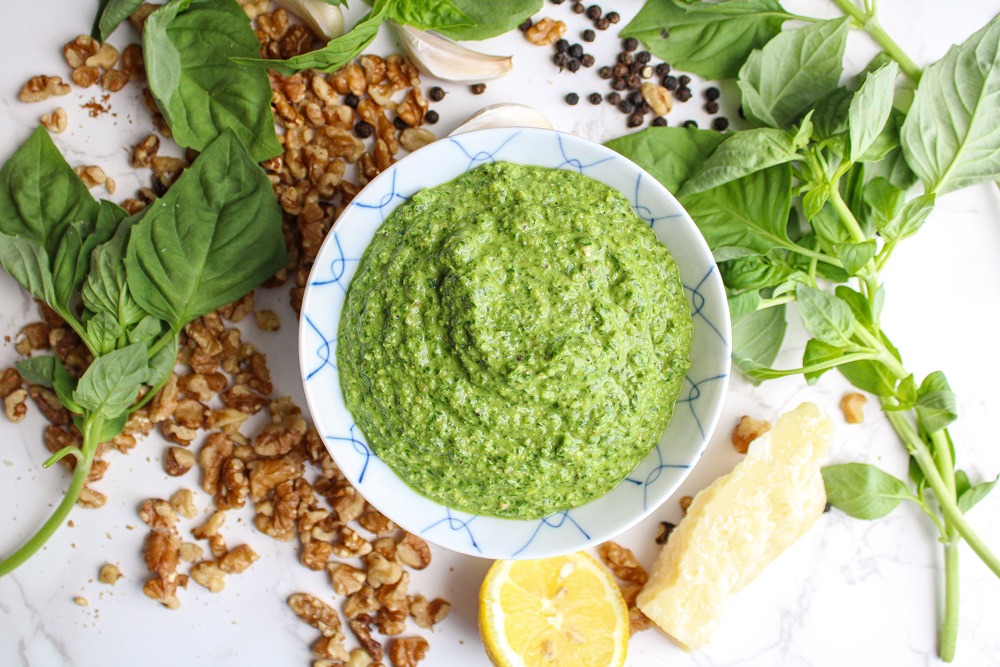
Pesto without pine nuts is a great pesto alternative for when you don’t have pine nuts on hand, don’t want to buy expensive nuts, or you’re just trying to use what’s left in your kitchen. Full of fresh and peppery flavor, this pesto is perfect paired with pastas, soups, salads, and bakes.
How Many Ounces is 600 ml? (600 mL to Oz)

Learning the basic concepts of conversion can greatly help you in the kitchen. In this article, learn how to convert 600 mL to ounces.
Broccoli Rabe Substitutions
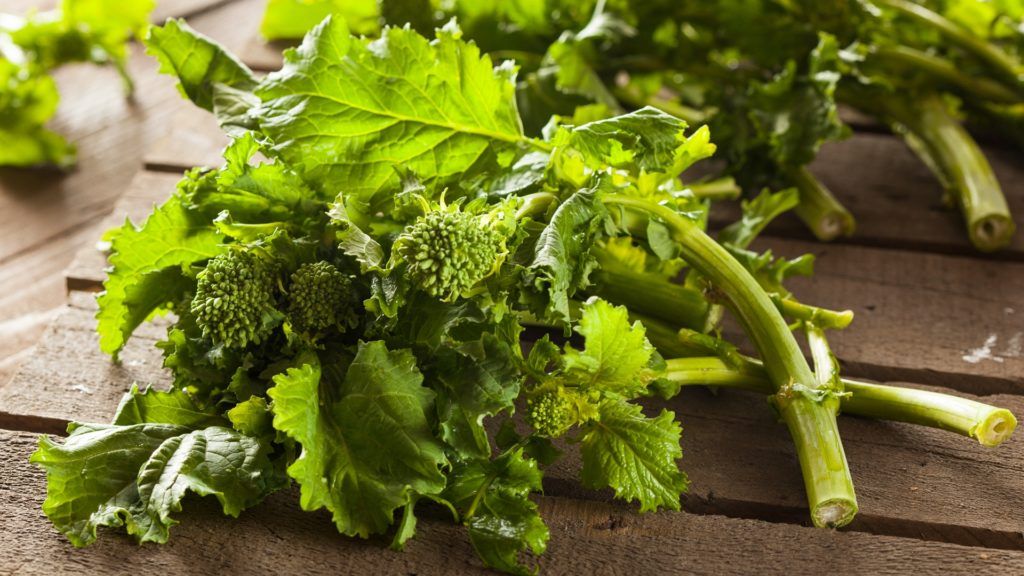
Learn the 15 broccoli rabe substitutions you can use in the kitchen when you’re in a pinch. Learn the best substitute for pasta dishes, salads, stir fries, and more.
How Many Ounces is 187 ml? (187 mL to Oz)
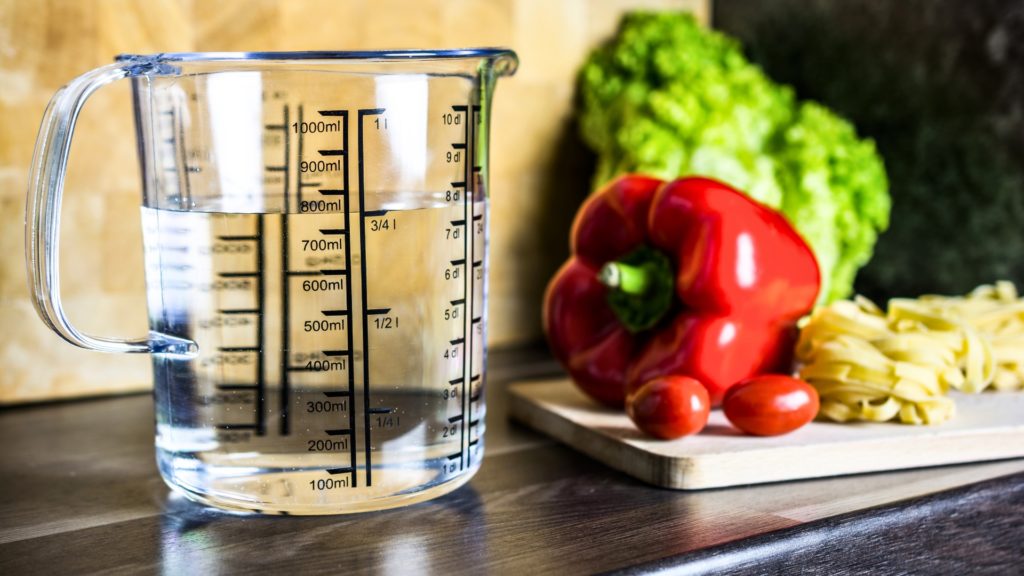
Learning the basic concepts of conversion can greatly help you in the kitchen. In this article, learn how to convert mL to ounces.
Air Fryer Italian Sausage
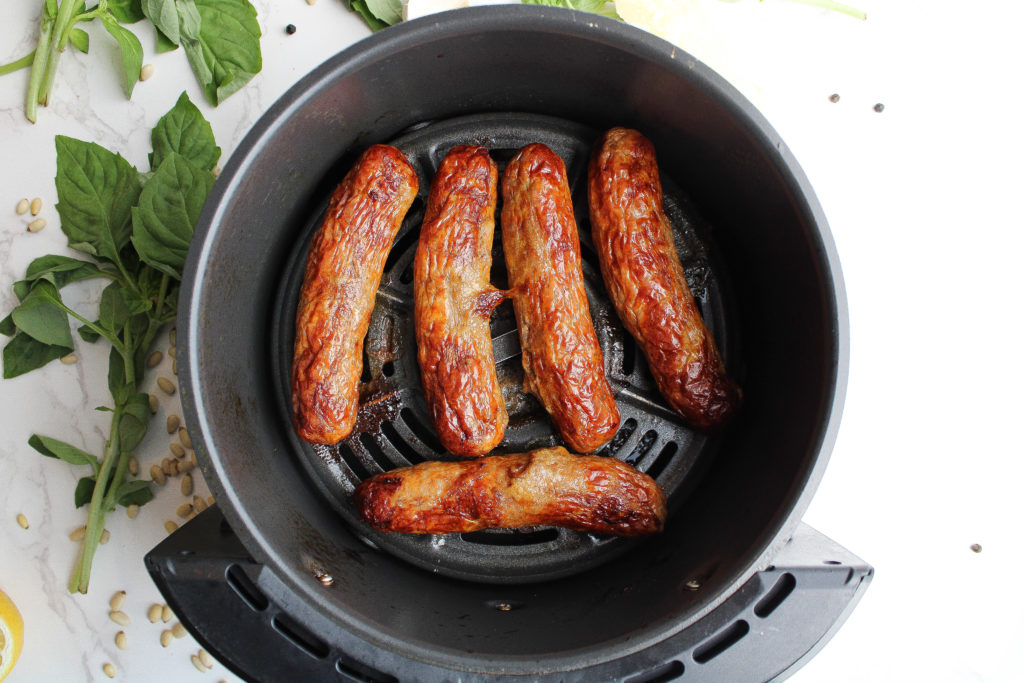
Air fryer Italian sausage is so quick and easy to make. Cook extra crispy sausage links in half the time using the air fryer method. Have your Italian sausage ready in 10 minutes or less, and serve with your favorite dishes and sides.
Best Milk for Smoothies
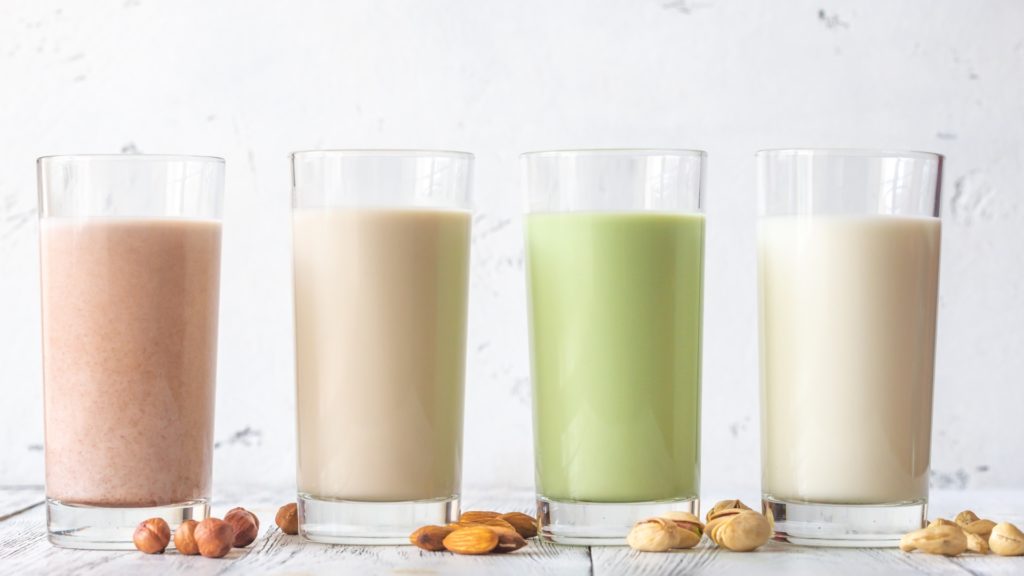
The best milk for smoothies depends on your diet preferences and the type of smoothie you’re making. Learn what the best milk is for fruit smoothies, green smoothies, protein smoothies, creamy smoothies, vegan smoothies, keto smoothies, and many more.
